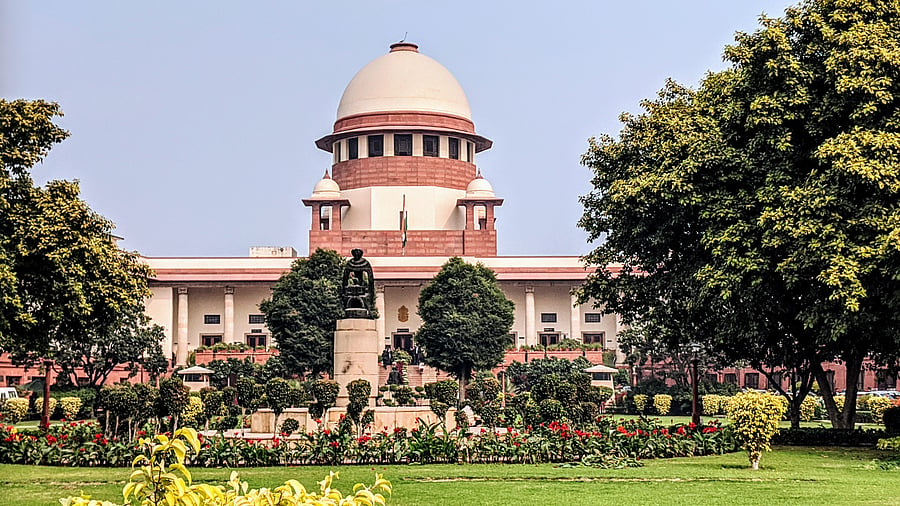
Supreme Court of India.
Credit: iStock
Mysuru: Welcoming the Supreme Court’s interim order to protect Waqf properties from arbitrary dispossession and to stay the five-year professing Islam clause in the Waqf Amendment Act, 2025, Abdul Majeed, Karnataka state president of the Social Democratic Party of India (SDPI), said his petition raised several objections.
Mysuru-based Majeed, whose Petition No. 445 was heard by the court, said, “This interim order does not fully safeguard the religious rights and dignity of the Muslim community, as it has stayed only certain provisions of the Act. Dangerous clauses remain untouched—such as the application of the Limitation Act to Waqf, abolition of Waqf by user, and the bar on creating Waqf in scheduled areas.”
He added, “The refusal to stay the inclusion of non-Muslims in State Waqf Boards and the National Waqf Council is deeply disappointing. Waqf is an exclusive religious endowment, and representation must remain solely with the Muslim community. We firmly believe that no clause requiring five years of professing Islam should be imposed.
Waqf is a universal charitable trust, and individuals of any faith should be able to create Waqf in the name of Allah. Allowing certain provisions to stand permits the venomous design of the Amendment Act to persist. The compulsory registration of Waqf properties, which risks excluding many historical trusts, continues to loom as a sword over the community.”
He further said, “We reiterate that Waqf is a sacred trust and a religious right of the Muslim community. Any dilution of its essence is unacceptable. SDPI will continue its legal, social, and democratic struggle until all anti-Waqf provisions are struck down and the sanctity of Waqf is fully protected.”